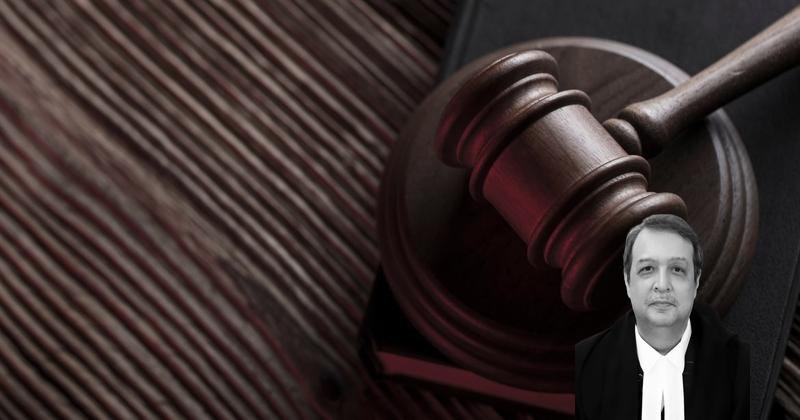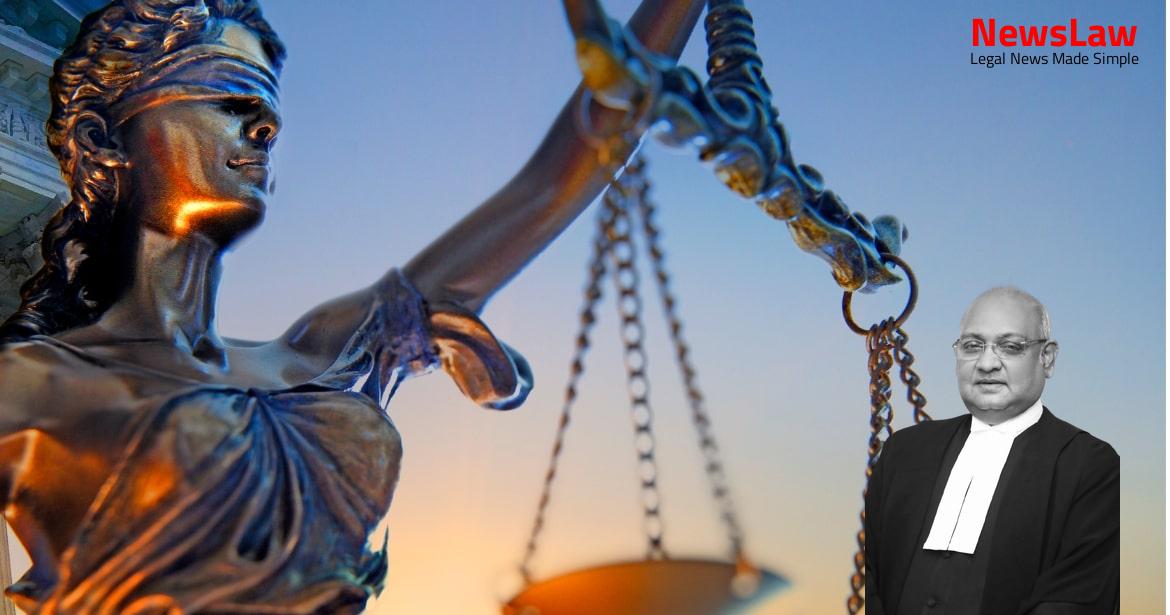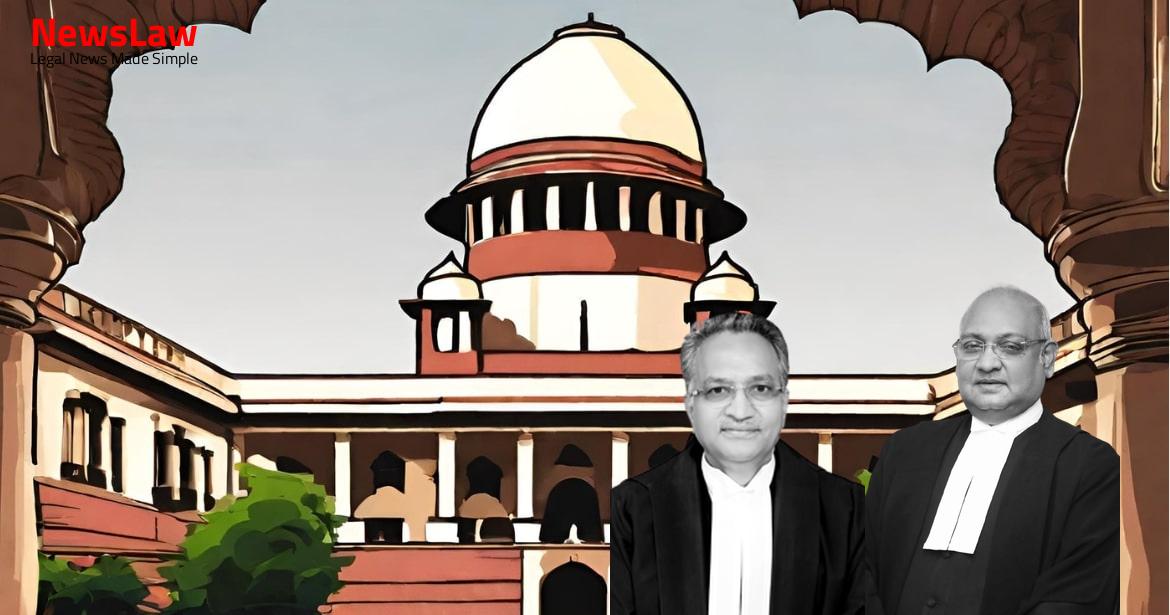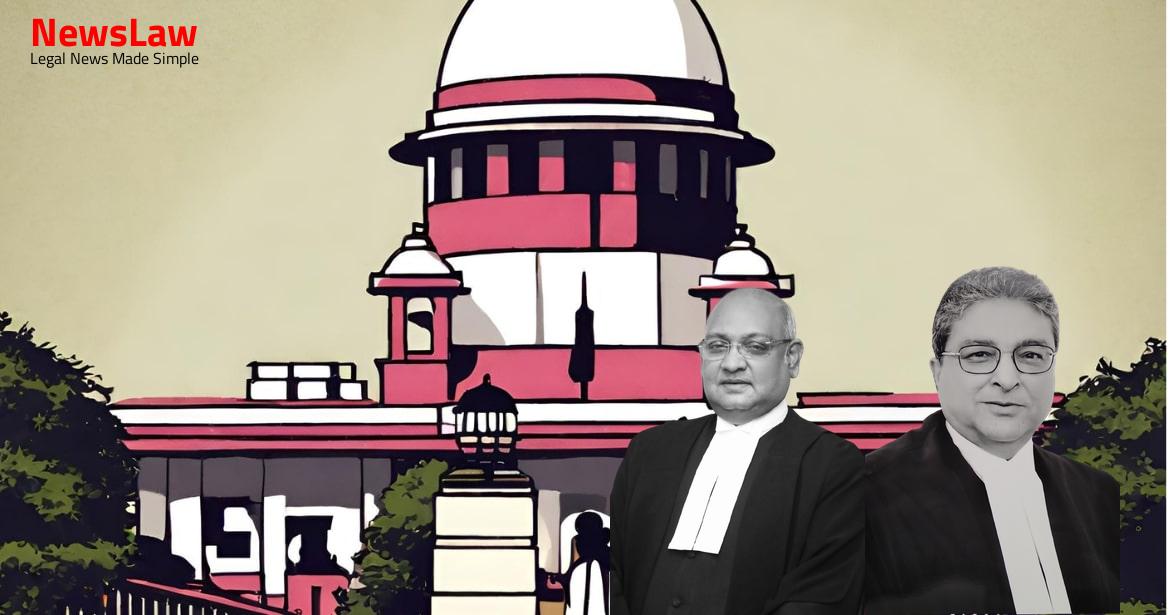…Appellants Versus Association of Retired Supreme Court and High Court Judges at Allahabad & Ors. The present appeals arise from two orders of the Division Bench of the High Court of Judicature at Allahabad dated 4 April 2023 and 19 April 2023. By its order dated 4 April 2023, the High Court directed the Government of Uttar Pradesh to inter alia notify rules proposed by the Chief Justice of the High Court pertaining to ‘Domestic Help to Former Chief Justices and Former Judges of the Allahabad High Court’ by the next date of hearing. While the petition was pending before the High Court, a three-judge bench of this Court in P Ramakrishnan Raju vs Union of India, decided a batch of cases pertaining inter alia to the post-retiral benefits payable to former judges of the High Courts. Dave, President, the Association of Retired Judges of Supreme Court and High Courts vs Kusumjit Sidhu and Others, this Court closed the contempt proceedings against the State of Uttar Pradesh, noting that it had already framed a scheme in accordance with the Court’s directions. From the submissions of the parties and documents on the record, it appears that sometime between 2019 and 2023, the Chief Justice of the High Court proposed certain ‘Rules for providing Domestic Help to Former Chief Justices and Former Judges of Allahabad High Court ’.
When the writ petition was heard on 12 January 2023, the Principal Secretary, Law and Justice, Government of Uttar Pradesh was present before the High Court. On 19 January 2023, the counsel on behalf of the High Court submitted that while the queries about the Rules were resolved by the High Court, the State Government was raising queries in a piecemeal manner to keep the matter pending for a long period. The High Court stated that it is “constrained to summon the Finance Secretary, Government of UP and all the associated Officers dealing with the file along with the Principal Secretary (Law), Government of UP to appear along with the records on the next date fixed.” On 4 April 2023, the High Court passed the First Impugned Order.
The High Court observed that the Rules were pursuant to the assurances given by the State of Uttar Pradesh in P Ramakrishnan Raju (supra) and Justice V.S. The High Court noted that on the date of the First Impugned Order, the officials of the Finance Department categorically stated that they have “no objection” if the Government Order issued in 2018 is modified or amended. The High Court directed that the officials present in the court, the Secretary (Finance) and the Special Secretary (Finance) be taken into custody and produced before the Court on the next day for framing of charges.
Having heard the rival submissions advanced by the parties and examined the record, the following broad points of law arise for our consideration: (i) Whether the High Court had the power to direct the State Government to notify Rules proposed by the Chief Justice pertaining to post-retiral benefits for former Judges of the High Court; (ii) Whether the power of criminal contempt could be invoked by the High Court against officials of the Government of Uttar Pradesh on the ground that the application for recall was ‘contemptuous’; and (iii) The broad guidelines that must guide courts when they direct the presence of government officials before the court.
Article 229(2) provides that the conditions of service of officers and servants of the High Court shall be as may be prescribed by rules made by the Chief Justice of the High Court or any other Judge or officer authorized by the Chief Justice for the purpose. However, in the Rules, the Impugned Orders or in its submissions before this Court, the High Court has not brought to the fore any other source of law which empowers the Chief Justice to frame binding rules for post-retiral benefits of former judges of the High Court.
Further, the court directed that “states where the allowances paid are lesser than the State of Andhra Pradesh, shall consider the necessity of an upward revision of such allowances at the appropriate stage and time.” There is no iota of doubt that in the above judgements, this Court directed the state governments to frame schemes for post-retiral benefits. The above judgements of this Court did not grant the Chief Justices of High Courts, acting on the administrative side, the power to frame rules about post-retiral benefits for former judges that must mandatorily be notified by the State Governments. The High Court cannot use its judicial powers to browbeat the State Government to notify the Rules proposed by the Chief Justice.
In the second Impugned Order, the High Court held that the actions of the officials of the Government of Uttar Pradesh constituted criminal contempt as there was no “valid reason” to not comply with the earlier Order. In the present case, the State of Uttar Pradesh was availing its legitimate remedy of filing a recall application. The objections raised by the Government of Uttar Pradesh with regard to legal obstacles in complying with the First Impugned Order were never adjudicated by the High Court.
The appearance of government officials before courts must not be reduced to a routine measure in cases where the government is a party and can only be resorted to in limited circumstances. Several other law officers also represent the Union and the states including the Solicitor General, Additional Solicitor General, and Additional Advocates General for the states. In the present case, instead of adjudicating on the legal position taken by the Government of Uttar Pradesh on affidavit or hearing the Additional Advocate General present in the court, the High Court repeatedly summoned government officials. Courts across the country must foster an environment of respect and professionalism, duly considering the constitutional or professional mandate of law officers, who represent the government and its officials before the courts. The SOP is set out below: Standard Operating Procedure (SOP) on Personal Appearance of Government Officials in Court Proceedings This Standard Operating Procedure is applicable to all court proceedings involving the government in cases before the Supreme Court, High Courts and all other courts acting under their respective appellate and/or original jurisdiction or proceedings related to contempt of court. Non-adversarial Proceedings: While hearing non- adversarial proceedings, the court may require the presence of government officials to understand a complex policy or technical matter that the law officers of the government may not be able to address. Procedure prior to directing personal presence 2.1
Also Read: https://newslaw.in/?p=652
In exceptional cases wherein the in-person appearance of a government official is called for by the court, the court should allow as a first option, the officer to appear before it through video conferencing.
Procedure during the personal presence of government officials: In instances where the court directs the personal presence of an official or a party, the following procedures are recommended: 3.1 Scheduled Time Slot: The court should, to the extent possible, designate a specific time slot for addressing matters where the personal presence of an official or a party is mandated. 4
The court must refrain from making comments on the physical appearance, educational background, or social standing of the official appearing before it. 2 Preliminary Determination of Contempt:
In a proceeding instituted for contempt by wilful disobedience of its order, the court should ordinarily issue a notice to the alleged contemnor, seeking an explanation for their actions, instead of immediately directing personal presence.
6
Case Title: THE STATE OF UTTAR PRADESH Vs. ASSOCIATION OF RETIRED SUPREME COURT AND HIGH COURT JUDGES AT ALLAHABAD (2024 INSC 4)
Case Number: C.A. No.-000023-000024 / 2024



